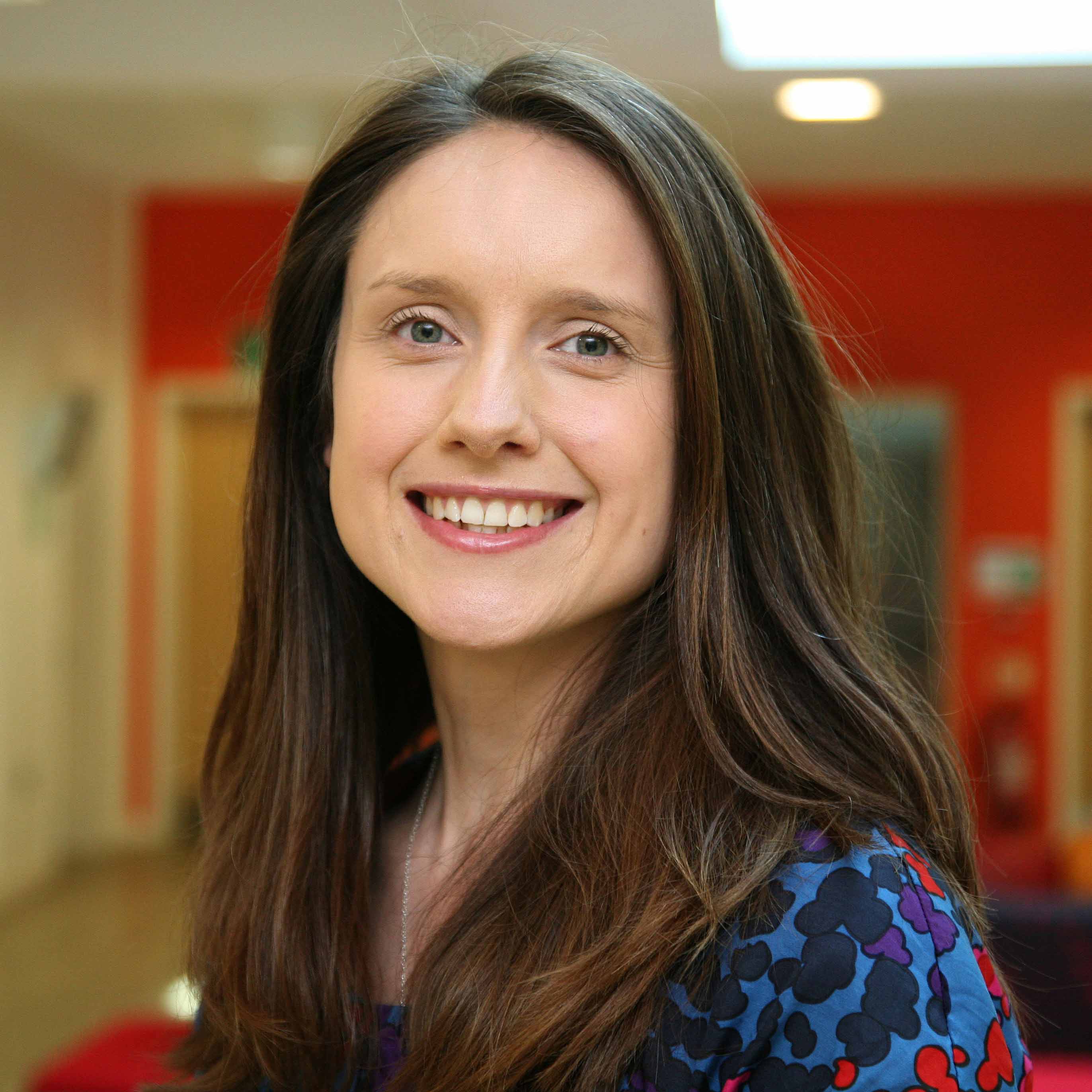So, your colleague just gave an interview to Radio 5 Live on what their findings tell us about the latest breaking news story. You don’t need to do that, right?
Wrong - your research is valuable and interesting, and there are plenty of benefits to communicating what you have to say through the media.
What media engagement means
Media engagement means one of two things.
You can choose to proactively promote your findings by working with us to write up a press release, develop a strategy and pitch your story to the right journalists.
Or you can reactively respond to the news agenda by offering yourself as an expert commentator on stories relevant to your expertise.
Both approaches can lead to interviews with local, regional, national or even international media, broadcast, print or online.
The benefits to you
There really are benefits – we’re not just saying it because it’s our job.
Giving media interviews helps you reach wider audiences. It makes you, your research and your subject more visible. It could result in new research collaborations, more applicants to your department, and new opportunities.
Becoming the voice of your subject and informing public opinion is worthwhile, and you’ll gain plenty of transferable skills along the way which will help in other areas of your academic career.
Communicating your findings is probably a stipulation of your grant too, so you have a duty to share the exciting discoveries you’ve made, and it could be a pathway to impact. After all, the policy makers, charities, think tanks and businesses that you want to influence can only find out about your work if it’s visible.
And, as if that wasn’t enough, you might enjoy it!
Every opportunity is worth considering
Why? Because lots of people will see and hear you.
Increasingly people are getting their news in different ways but people still listen to local BBC radio stations in the hundreds of thousands every week, the BBC has a global audience of over 370m a year and Essex-authored articles in The Conversation have been read more than 19m times (based on 588 articles).
News outlets follow each other too, picking up stories from other broadcasters, papers and online news platforms, even social media. So, that interview today with BBC Essex, really could lead to BBC World the next.
It needn’t be scary
Stepping into the media environment can seem daunting but it’s really not that bad, so long as you prepare and know what to expect.
Interviewers usually want you to do well. They want a good interview and you’re unlikely to face an antagonistic interview, unless your research is controversial or contentious.
Despite what Michael Gove famously claimed in 2016, COVID-19 has shown us that we do still want experts to explain complicated stories, provide essential background, inform debate and sometimes hold power to account.
There are ways to deal with difficult questions that you don’t want to answer, and we’ve got plenty of tips for giving an effective and engaging interview.
It doesn’t have to take over your life
We know academic workloads are scary. You’re juggling teaching, research, mentoring, student support and departmental responsibilities. Not to mention trying to maintain a work-life balance.
That’s why engaging with the media is always your call. We’re happy to identify opportunities for you, and lend our expertise wherever it’s needed, but we won’t ever ask you to do something you aren’t comfortable with.
It’s always okay to decline.
Don’t forget
News moves fast, and so do journalists. If you don’t want to miss an opportunity, respond quickly and make yourself available.
Don’t be afraid of rejection or take it personally if your interview is cancelled at the last minute, it’s part of the media environment and every rejection is a development opportunity.
We’ll support you all the way
We have a dedicated team of communications experts, each working closely with specific departments. Contact us to launch your media profile.




